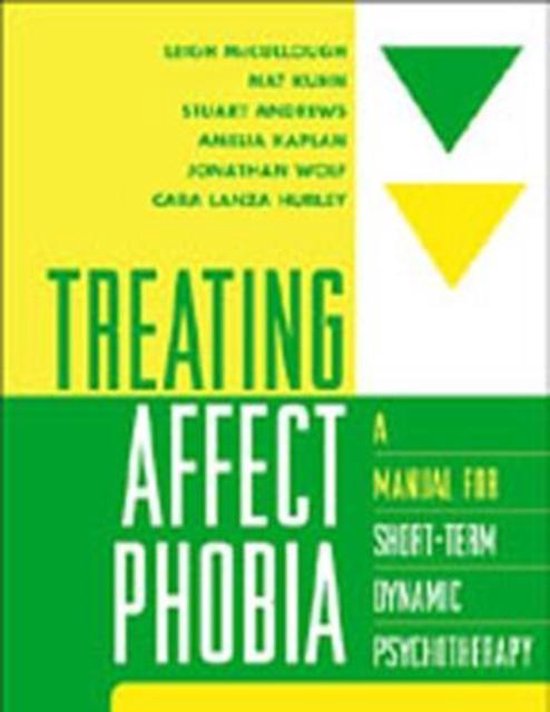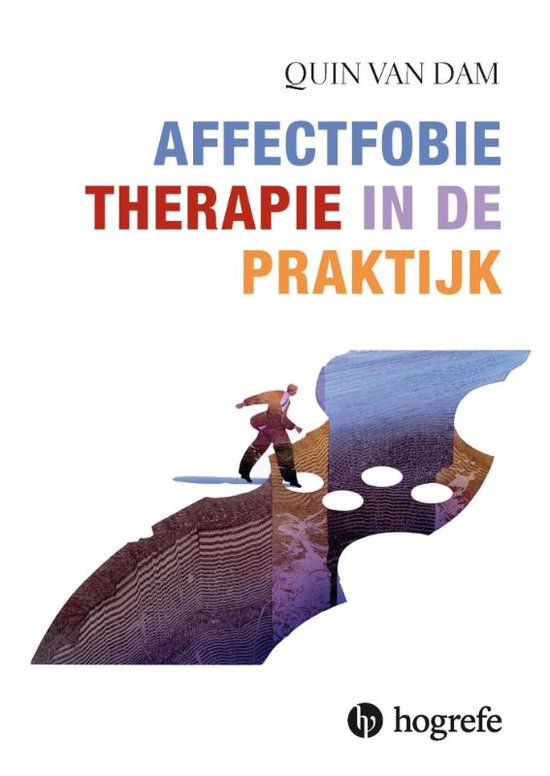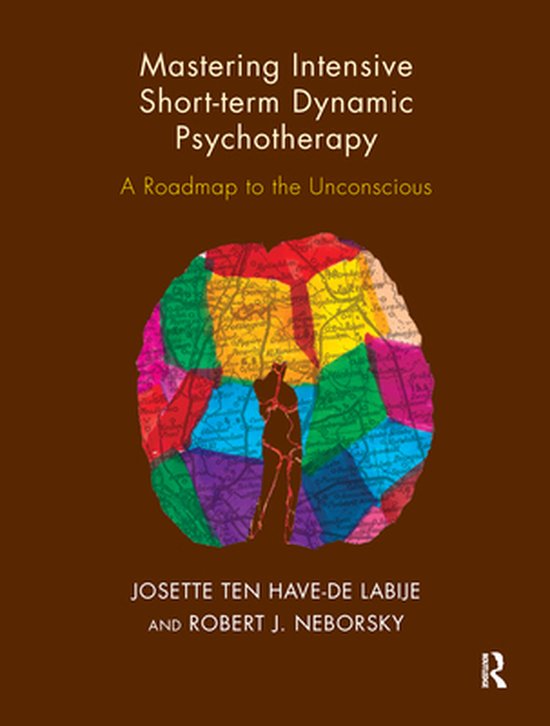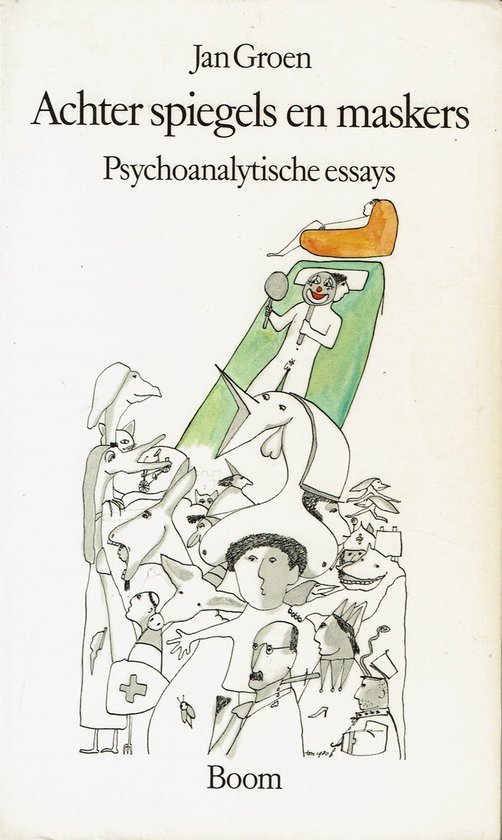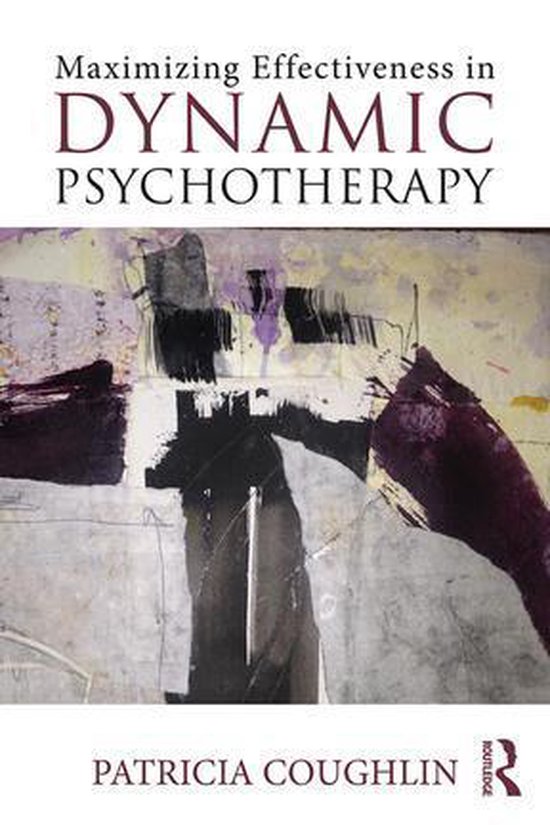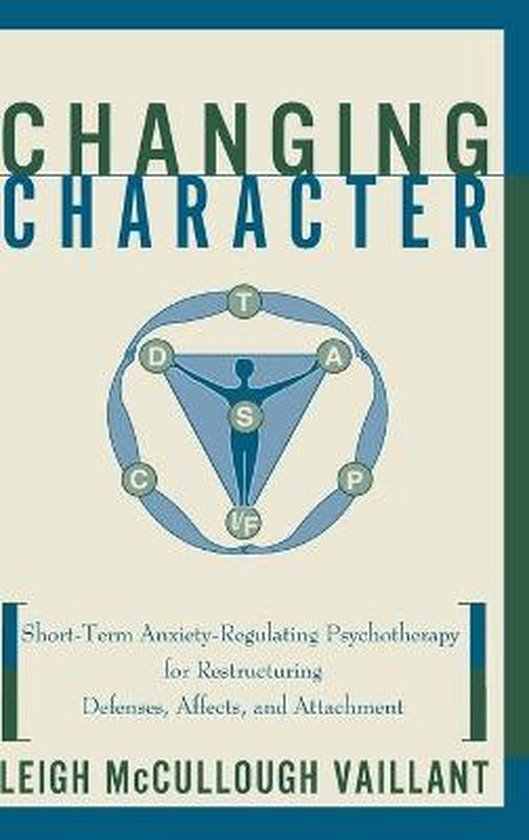
Short Term Anxiety Regulating Psychotherapy
This treatment manual teaches therapists time-efficient techniques for changing character and helping their patients live mindfully with themselves and others through adaptive responses to conflictual experiences.
The mechanism of emotional change is central to the field of mental health. Emotional change is necessary for healing the long-standing pain of character pathology, yet is the least studied and most misunderstood area in psychotherapy and pharmacotherapy. Changing Character at its heart is about emotion,how to draw it out, recognize it and make it conscious, follow its lead and, equally important, use cognition to guide, control, and direct our emotional lives. This treatment manual teaches therapists time-efficient techniques for changing character and helping their patients live mindfully with themselves and others through adaptive responses to conflictual experiences.Leigh McCullough Vaillant, a nationally recognized expert on short-term dynamic psychotherapy, shows therapists how to identify and remove obstacles in one's character (ego defences) that block emotional experience. She then illustrates how the therapist can delve into that experience and harness the tremendous adaptive power provided by emotions. The result? She shows us how to have emotions without emotions having" their way with us. Vaillant's integrative psychodynamic model holds that the source of psychopathology is the impairment of human emotional experience and expression, which includes impairment in drives and beliefs but is seen fundamentally as the impairment of affects.In this short-term approach, psychotherapists are shown how to combine behavioural, cognitive, and relational theories to make psychodynamic treatment briefer and more effective. Vaillant illustrates how affect bridges the gap between intrapsychic and interpersonal approaches to psychotherapy. Affect, she argues, has the power to make or break relational bonds. Through the regulation of anxieties associated with affects in relation to self and others, therapists can help their patients undergo meaningful character change. A holistic focus on affects and attachment has not been adequately addressed in either traditional psychodynamic theory or cognitive theory. Clearly and masterfully, Vaillant shows therapists how to integrate the powers of cognition and emotion within a dynamic short-term therapy approach.
The mechanism of emotional change is central to the field of mental health. Emotional change is necessary for healing the long-standing pain of character pathology, yet is the least studied and most misunderstood area in psychotherapy and pharmacotherapy. Changing Character at its heart is about emotion,how to draw it out, recognize it and make it conscious, follow its lead and, equally important, use cognition to guide, control, and direct our emotional lives. This treatment manual teaches therapists time-efficient techniques for changing character and helping their patients live mindfully with themselves and others through adaptive responses to conflictual experiences.Leigh McCullough Vaillant, a nationally recognized expert on short-term dynamic psychotherapy, shows therapists how to identify and remove obstacles in one's character (ego defences) that block emotional experience. She then illustrates how the therapist can delve into that experience and harness the tremendous adaptive power provided by emotions. The result? She shows us how to have emotions without emotions having" their way with us. Vaillant's integrative psychodynamic model holds that the source of psychopathology is the impairment of human emotional experience and expression, which includes impairment in drives and beliefs but is seen fundamentally as the impairment of affects.In this short-term approach, psychotherapists are shown how to combine behavioural, cognitive, and relational theories to make psychodynamic treatment briefer and more effective. Vaillant illustrates how affect bridges the gap between intrapsychic and interpersonal approaches to psychotherapy. Affect, she argues, has the power to make or break relational bonds. Through the regulation of anxieties associated with affects in relation to self and others, therapists can help their patients undergo meaningful character change. A holistic focus on affects and attachment has not been adequately addressed in either traditional psychodynamic theory or cognitive theory. Clearly and masterfully, Vaillant shows therapists how to integrate the powers of cognition and emotion within a dynamic short-term therapy approach.
| Auteur | | Leigh Mccullough Vaillant |
| Taal | | Engels |
| Type | | Hardcover |
| Categorie | | Persoonlijke ontwikkeling & Mindfulness |
